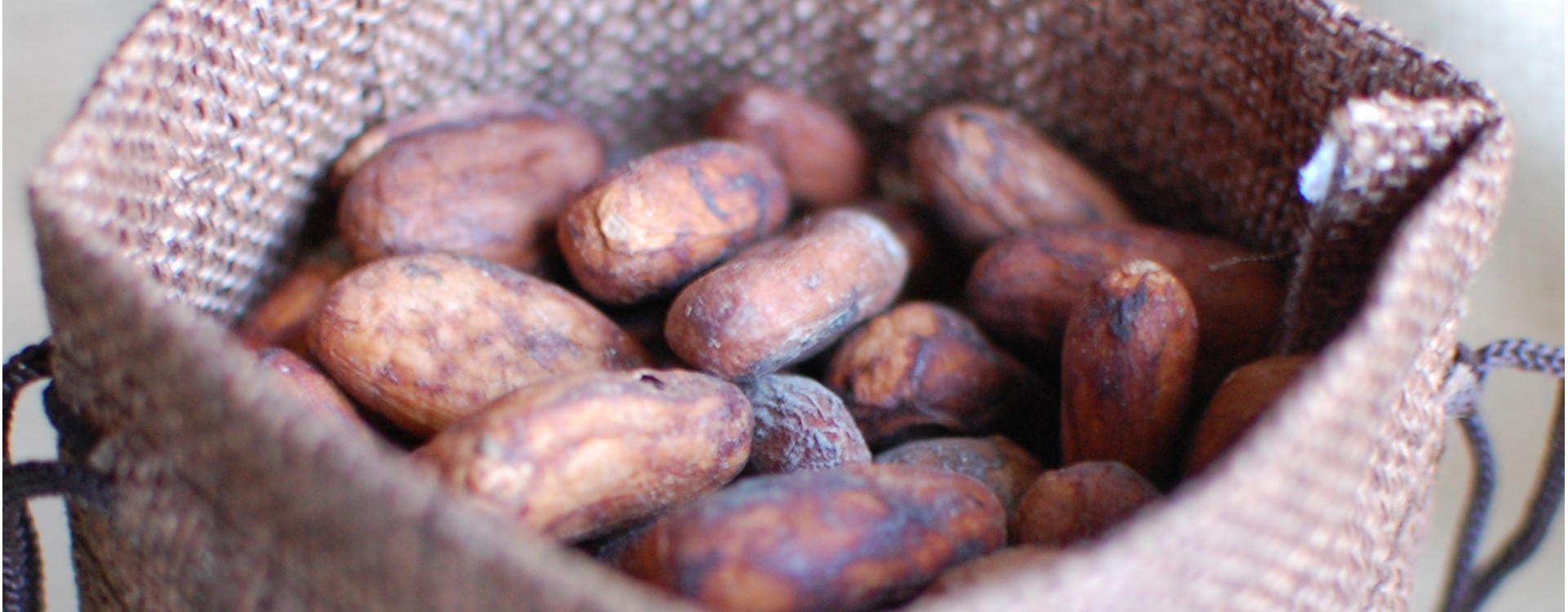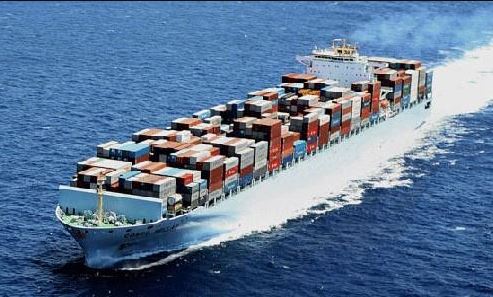
Cocoa as a commodity
Cocoa is a standardized commodity traded on exchanges, specifically on futures markets, which are centralized exchanges where you can order cocoa in predetermined units, in the case of cocoa in tonnes. Of course, one can as well only speculate with these futures without expecting a physical delivery of a ton of cocoa to the nearest station.

But we are not considering speculation now. Let’s look at it specifically. For example, in 2021, the price of one contract on the Chicago Stock Exchange was around $ 2,600. Since one contract represents one metric ton, the price of a kilogram of cocoa is based on 2.6 USD.
You may start to wonder how it is possible that a kilogram of unroasted beans is sold on the market for twenty times the price. However, I do not want to denigrate retailers. Cocoa does not grow in most of developed countries, it is necessary to buy it, clear the customs (even though there is usually zero duty on it), import it, sort it, pack it, label it, store it, promote it and so on.
Cocoa is quite a problem-free and durable raw material, so fortunately there are no cooling costs and the risk of expiration is low, for which I have a separate article. In the end, the final price is quite defensible, although the margin on such a simple product can be very attractive.
Cocoa varities and prices
Furthermore, if cocoa is of a higher quality variety, its price is naturally higher, simply because it is not sold on the stock exchange, but you have to go to it. In the commodity market, this is a standardized, parametrically specified product and of course – of no great taste. No great cocoa can be sold in the tens of thousands of tons a day. The vast majority of African production is mass commodity cocoa, in the case of South American production this majority is slightly less overwhelming.
These are cocoa varieties capable of producing huge yields and at the same time resistant to pests and diseases. Does this seem like an ideal combination? But these are the exact opposite characteristics of those of the original cacao tree. And just the opposite are the taste and aroma of the resulting beans.
It is best to buy premium cocoa directly from the farmer or through an intermediary. The farmer usually derives the price from the current stock exchange price, eg. he adds 20% to it. And our costs are already increasing.
And how do you know that you are buying quality premium cocoa from a farmer? Simply put – the seller went through so much trouble to bring it over that if he didn’t label it so, he is certainly crazy. In other words – if the seller doesn’t brag about it, then it is not a premium cocoa, I’m sure of that.